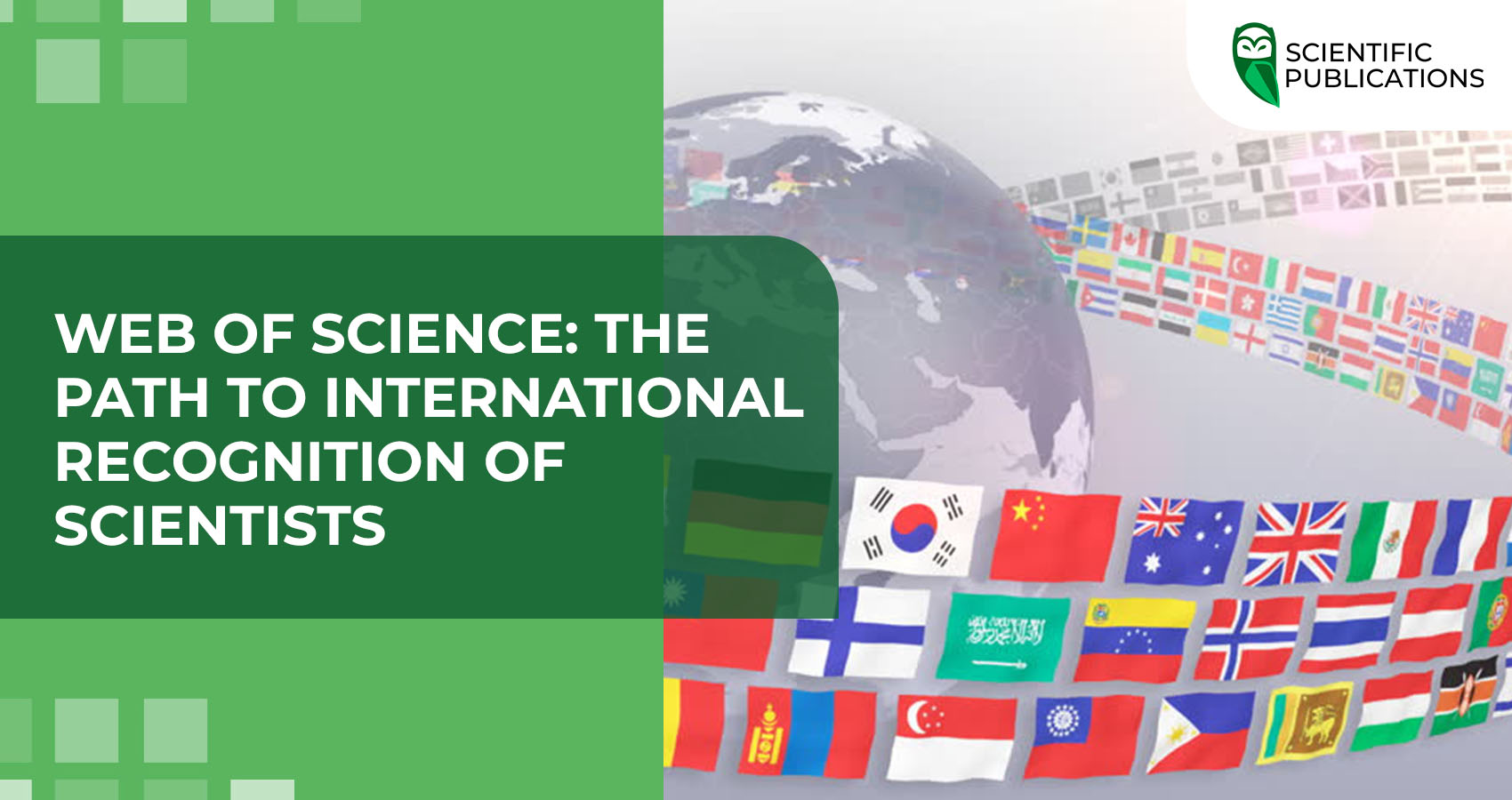The publication of a scientific article is necessary for the beginning, as well as for the successful continuation and development of scientific, teaching and research activities. Academic titles and degrees require scientific publications of a certain quantity and quality. How do you ensure the successful publication and crediting of an article for your dissertation defence? We will tell you in today's article.

Working with the text of the article
Correct formatting of the article
Each journal has its own requirements for article formatting. Be sure to read the following aspects before submitting:
- The length of the text.
- Structure (introduction, methods, results, conclusions).
- Language of the publication.
- Format of references and bibliography.
Quality of the text
Avoid grammatical and stylistic errors by following the rules of spelling and punctuation. Provide a logical presentation of the material, structuring the text so that the thoughts are consistent and understandable. Use clear and precise wording. This will make the text professional, easy to read, and in line with the requirements of the scientific community.
Formatting the list of references
Use up-to-date sources of information, as scientific journals usually do not approve of excessive references to outdated literature. Limit citations of one author or publication to 2-3 times, and avoid excessive self-citation of articles from the journal to which you are submitting your work. Keep in mind that the requirements may differ depending on the journal. Adherence to the journal's recommendations increases the chances of a faster review and publication of your article.
Novelty and significance of the research
The article should have an original contribution to science, offering new ideas, approaches, or results that have not been previously covered, and be relevant, meeting the current challenges and needs of the industry. The results of the research should be substantiated, based on a clear methodology, reliable data and logical conclusions. This will ensure its significance for the development of science and practice.
Correct references to sources
All sources used in the text must be included in the list of references, otherwise their absence may be considered plagiarism. The references cited in the article must exactly match the corresponding sources in the list, ensuring the correctness and transparency of the scientific presentation.
Language quality
The text should be clear, well-written, and logically structured. Since most scientific articles are published in English, it is recommended to use professional translators to ensure the accuracy and correctness of the translation, while maintaining the content and meaning. Scientific Publications offers academic translation services for articles into English.
Work after text processing
Publishing in the right databases
Before submitting an article, make sure that the journal has a good reputation and is indexed in recognised scientometrics databases such as Scopus, Web of Science, etc. Remember that there are databases that should be avoided, as a publication in such databases may not be counted. You can read more about such databases in our article.
Careful selection of a journal
Choosing a journal for publication requires a careful and responsible approach, as there are so-called predatory journals that should be avoided. Publication in such journals does not bring the author the expected results due to their low credibility. This has a negative impact on the status of researchers, as such journals are not included in well-known scientometrics databases, and in case of suspicion, they can be excluded from them during inspections. In addition, publishing in such journals undermines the credibility of scientific research and reduces the overall reputation of science. Authors who publish in predatory journals waste their time and financial resources.
Compliance with the rules and principles of scientific ethics
Adherence to the principles of scientific ethics in research and publishing is not only important but also mandatory. Violation of ethical standards, such as falsification of data, can have serious consequences, including non-defence of the article, non-admission to defence, suspension from work, etc. The scientific community responds to such violations through mechanisms similar to sanctions, ensuring that high standards in science are maintained.
Publishing a scientific article is not only a requirement for defending a dissertation, but also an opportunity to make yourself known in the scientific community, share research results and contribute to the development of science.
If you need help with publishing your research in such databases as Scopus and Web of Science for the purpose of defending your dissertation, obtaining academic titles and degrees, as well as for career development, contact “Scientific Publications”. Our highly qualified specialists with over 8 years of experience guarantee the publication and indexing of your scientific article. Fill out the form below and our manager will contact you shortly. Together to new achievements and heights!





